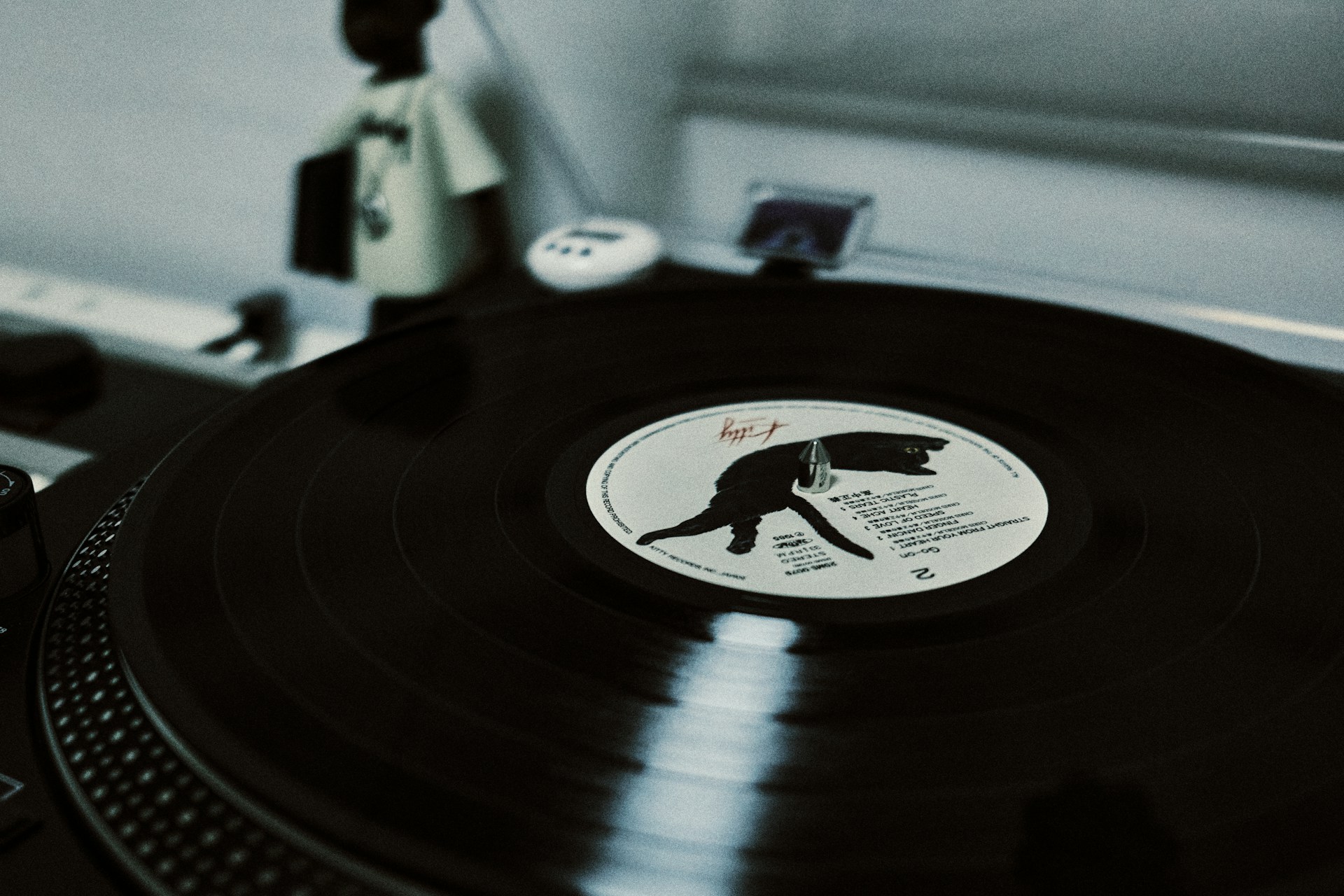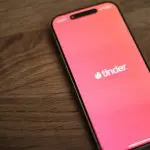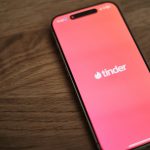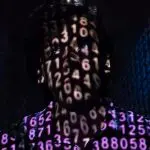
A British designer with no musical training just signed the music world’s first artificial intelligence (AI) creator record deal after his computer-generated track hit 3 million streams.
Oliver McCann, who performs under the name imoliver, landed a contract with independent label Hallwood Media in August 2025. His success came despite never touching any instrument or learning how to sing.
“I have no musical talent at all,” McCann told the Associated Press. “I can’t sing, I can’t play instruments, and I have no musical background at all.”
McCann creates songs by typing prompts into AI tools like ElevenLabs, Suno, and Udio. These platforms generate complete tracks, including lyrics, vocals, and instrumentation, based on text descriptions. His songs span genres from indie-pop to country-rap, all produced through chatbot conversations.
The 37-year-old visual designer is just one of the growing wave of creators using AI to bypass traditional skills in music-making. Scott Smith, a semi-retired Navy officer in Portland, Oregon, follows a similar path. His AI band Pulse Empire draws inspiration from 1980s groups like New Order and Depeche Mode.
“Music producers have lots of tools in their arsenal to enhance recordings that listeners aren’t aware of,” Smith said. Though he spends just 10 minutes writing lyrics, he’ll work eight to nine hours generating different versions until songs match his vision.
Lukas Rams creates music for his AI band Sleeping With Wolves while putting his kids to bed. The Philadelphia-area resident writes his own lyrics because AI-generated words tend to be “extra corny.”
This trend, however, worries major record labels. Sony Music, Universal Music Group, and Warner Records sued Suno and Udio in 2024 for alleged copyright violations. They claim these platforms trained their systems on copyrighted music without permission.
The lawsuits seek up to $150,000 per infringed work. However, Bloomberg reported in June 2025 that the same labels are now negotiating licensing deals with both companies.
More than 1,000 musicians, including Kate Bush, Annie Lennox, and Billie Eilish, have also protested AI music development. They fear the technology will devalue human creativity and reduce their ability to earn a living.
Streaming platforms face pressure to label AI content, but most resist. Spotify does not mark AI-generated music, unlike competitors such as Deezer.
AI music creators compare the current backlash to past resistance against synthesizers, drum machines, and AutoTune. Each technology faced criticism before becoming an accepted production tool.
“Just think about what it used to cost to make a hit or make something that breaks,” said Josh Antonuccio, director of Ohio University’s School of Media Arts and Studies. “That just keeps winnowing down from a major studio to a laptop to a bedroom. And now it’s like a text prompt.”
The debate reflects broader questions about creativity, authenticity, and who gets to make music. As AI tools become more accessible, traditional barriers to music production continue falling.






















